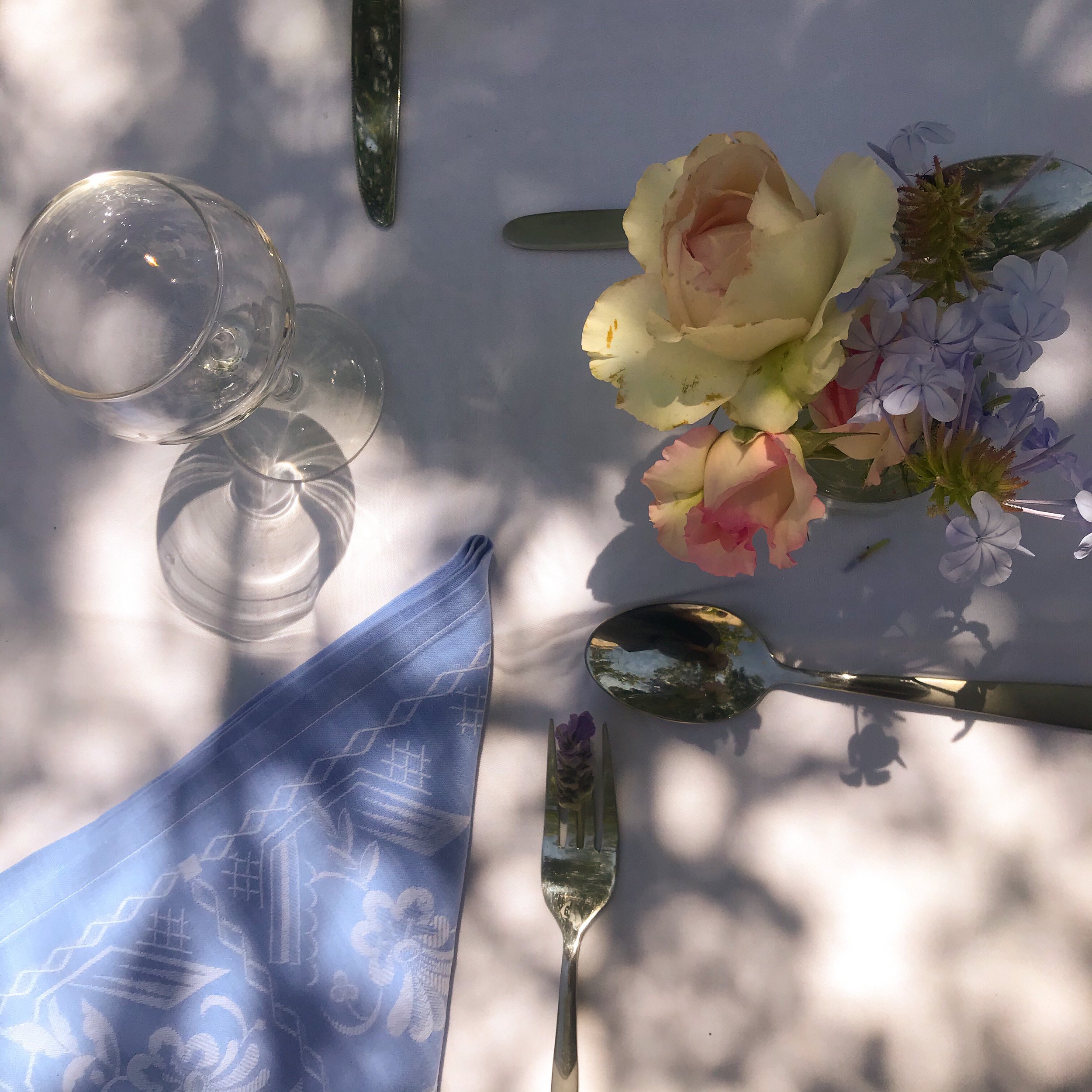Contentment
In this meditation series where we'll dive deep into the science of satisfaction, build new neural pathways and uncover some simple home practices to savour the richness of our existing lives.
Cultivating contentment allows us to find peace and fulfilment in the present moment, regardless of external circumstances. While happiness certainly has its place, prioritising contentment can lead to a deeper and more lasting sense of wellbeing.
Here are a few reasons why:
Stability: Contentment is less reliant on external circumstances compared to happiness, which is often tied to specific events or outcomes. By cultivating contentment, we develop a sense of inner stability and peace that is less easily shaken by life's ups and downs.
Acceptance: Contentment involves accepting things as they are, rather than constantly striving for something different or better. This acceptance can lead to greater peace of mind and a reduction in stress and anxiety.
Gratitude: Contentment often arises from a sense of gratitude for what we already have, rather than a constant desire for more. By focusing on gratitude, we can cultivate a deeper appreciation for the present moment and the blessings in our lives.
Simplicity: Contentment can be found in simple moments and everyday experiences, whereas happiness may be tied to more complex or fleeting pleasures. By simplifying our lives and finding joy in the ordinary, we can cultivate a more consistent sense of contentment.
Self-Compassion: Contentment involves being kind and compassionate towards ourselves, even when things aren't going as planned. By practising self-compassion, we can develop a more resilient and sustainable sense of well-being.
Week One
Boredom & Negativity Bias
In today’s practice, we begin with the science of the struggle to be satisfied, why it’s ok and how to ride those waves of wanting more, more, more….
Home practice:
boredom - 1-5 minutes of boredom daily. Simply set a timer and do nothing.
negativity bias- Take away the power of negative events by giving more attention to positive events. You are welcome to do this mentally or write it down, which ever serves you best.
Week Two
Hedonic Adaptation
This is the phenomenon where we tend to get used to new circumstances, both positive and negative, and their initial emotional response diminishes over time…..Or why that object, meal or moment quickly gets pushed to the sidelines for other things. Cultivating contentment through our sensory experiences.
Home practice:
Last week’s practices as you wish
Step out af an activity you do without thinking and bring your awareness to your senses.
Week Three
Rumination
While typically associated with negative outcomes such as increased stress, anxiety, and depression, rumination can occasionally serve a constructive purpose.
In this weeks session, we explore how we can manage moments of overwhelm around rumination, and how it can facilitate problem-solving, leading to deeper understanding and insight.
Home practice:
Regular 3-part breathing spaces and note any insights if used in conjunction with a specific moment of rumination.
For example, you could note:
what’s useful and what is necessary for me to take from this
what is unhelpful right now
Week Four
Relationships
Negativity Bias & Rumination
Relationships require constant communication, empathy, and compromise between individuals with unique perspectives, needs, and expectations. Balancing these differences while maintaining mutual respect and love can be difficult, but it's also what makes relationships rewarding and transformative.
In this weeks session we explore how our relationships can serve as a powerful mirror, offering insights into our inner world and helping us understand ourselves better. They reveal our strengths and areas for growth.
his week you are invited to undertake a regular 10 minute mindfulness meditation of your choice (breath, body or movement practice).
Practice dropping into the body around different people, leaving the story behind
A stranger (ie at the supermarket checkout)
Someone you love
You can also play with this around someone you find challenging. Just noticing. Not changing or fixing.
Week Five
Relationships
Boredom & Hedonic Adaptation
Relationships require constant communication, empathy, and compromise between individuals with unique perspectives, needs, and expectations. Balancing these differences while maintaining mutual respect and love can be difficult, but it's also what makes relationships rewarding and transformative.
In this weeks session we continue to explore how our relationships offer insights into our inner world and help us understand ourselves better. We’ll be doing this through the lense of the contentment in terms of boredom and hedonic adaptation.
This week you are invited to undertake a regular 10 minute mindfulness meditation of your choice (breath, body or movement practice).
Practice dropping into the body around different people, leaving the story behind
a friend
an object you love
Just noticing. Not changing or fixing.
Week Six
Food
Food is more than just sustenance; it speaks to all of our senses. Beyond nutrients and energy, a meal enjoyed offers a sense of contentment, fulfilment, and satisfaction that reverberates through all aspects of life. It emphasises that the quality and enjoyment of the food we ingest directly impact our cognitive functions, emotional states, and quality of sleep.
In this week’s session, we explore contentment around food. We do this by exploring our reactions and experiences from the body’s perspective. Take extra special care of yourself today.
You’ll need a small item to eat such as a nut or berry for the later part of the meditation.
Do reach out if anything comes up for you that you feel you need to explore more.
Home Practice:
You are invited to take a mindful bite of food once a day
One meal eaten mindfully
Just noticing. Not changing or fixing.
Our next group is 14th June
Week Seven
Pearls of Wisdom
In this weeks session we revise the four psychological elements associated with cultivating a contented life. Boredom tolerance, negativity bias, stepping of the rumination cycle and noticing hedonic adaptation. Learning our habits and tendencies gives us an opportunity to add value to our lives, to notice what is serving us and what isn’t, to make wiser choices and respond instead of reacting.
No handouts, no additional home practices.
Just noticing. Not changing or fixing.
Week Eight
Sound
Mindfulness of sounds meditation fosters contentment by anchoring us in the present moment and enhancing our awareness of the rich tapestry of sounds around us. By focusing on the act of listening without judgment, we learn to accept and appreciate our environment as it is, which can reduce feelings of dissatisfaction and restlessness. This practice encourages a non-judgmental mindset, helping us let go of the urge to label experiences as good or bad. As a result, we become more attuned to simple pleasures and the beauty in everyday sounds, fostering a sense of peace and contentment in our daily lives.
No handouts, no additional home practices.
Just noticing. Not changing or fixing.
Week Nine
Contentment
In this meditation series, we took a dive deep into the science of satisfaction, built new neural pathways and uncovered some simple home practices to savour the richness of our existing lives.
Cultivating contentment allows us to find peace and fulfilment in the present moment, regardless of external circumstances. While happiness certainly has its place, prioritising contentment can lead to a deeper and more lasting sense of wellbeing.
Be bored. Be grateful. Be present.
Next series begins 8th September. If you’ d like me to cover a specific topic please do reach out, I am always looking for inspiration.









